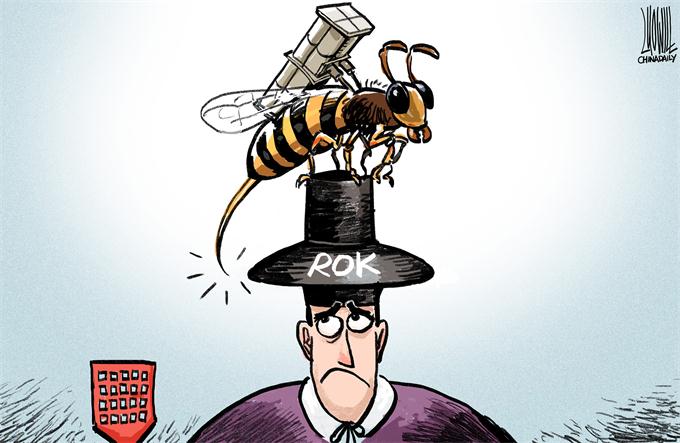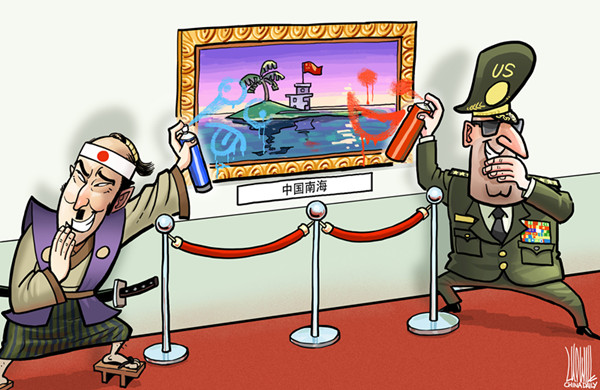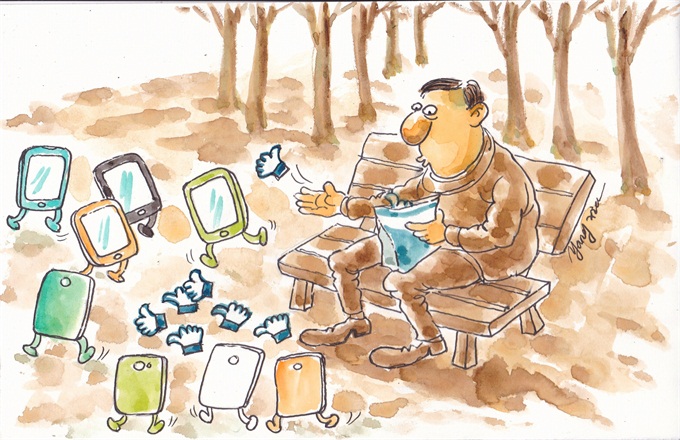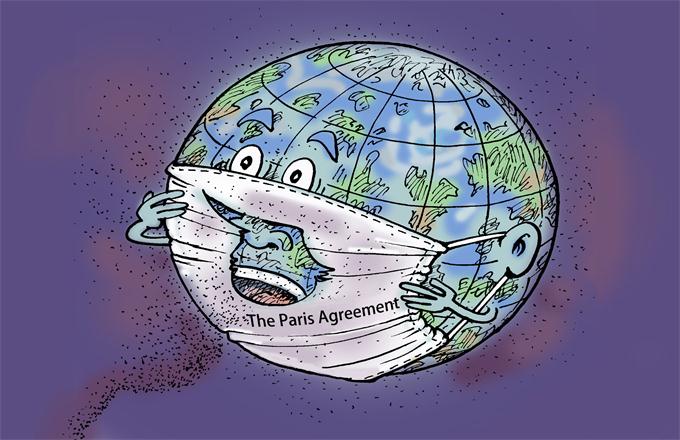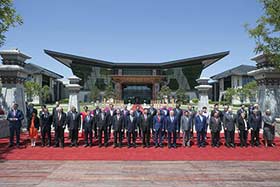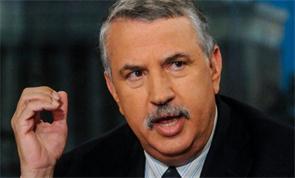Limits to free speech must be respected
HARVARD UNIVERSITY has rescinded admission offers to at least 10 students because they posted extremely offensive memes in a private message group on Facebook. Beijing Youth Daily comments:
The students concerned made jokes about the Holocaust, sexual assault and child abuse, among other things. Harvard has said that it retains the right to withdraw admission if a student engages in behavior that brings into question his or her moral character.
This incident is a good example of the limits of freedom of speech.
Although the First Amendment of the US Constitution protects freedom of speech as a fundamental right of US citizens, it also draws lines that should not be crossed.
Today, all sensible governments seek to eliminate and prevent speech that is malicious or constitutes enticement to crimes, violence, genocide, racial discrimination, extremism and terrorism, so as to protect the interests of the public.
To exercise one's freedom of speech, one must remain within these boundaries.
Many would assume that posting such information through a private account, or spreading it in message groups on the social media platform does no harm to the public.
Yet there can be no double standard for online and offline actions in terms of freedom of speech.
In October, a Chinese student, who had studied in Canada for 15 months, was repatriated when he landed at an airport in Canada while entering the country, because the WeChat account on his smartphone was found to contain animated stickers depicting pornographic acts.
So, the handful Harvard incoming students, whose offers had been revoked, should feel grateful for the university's mercy.




